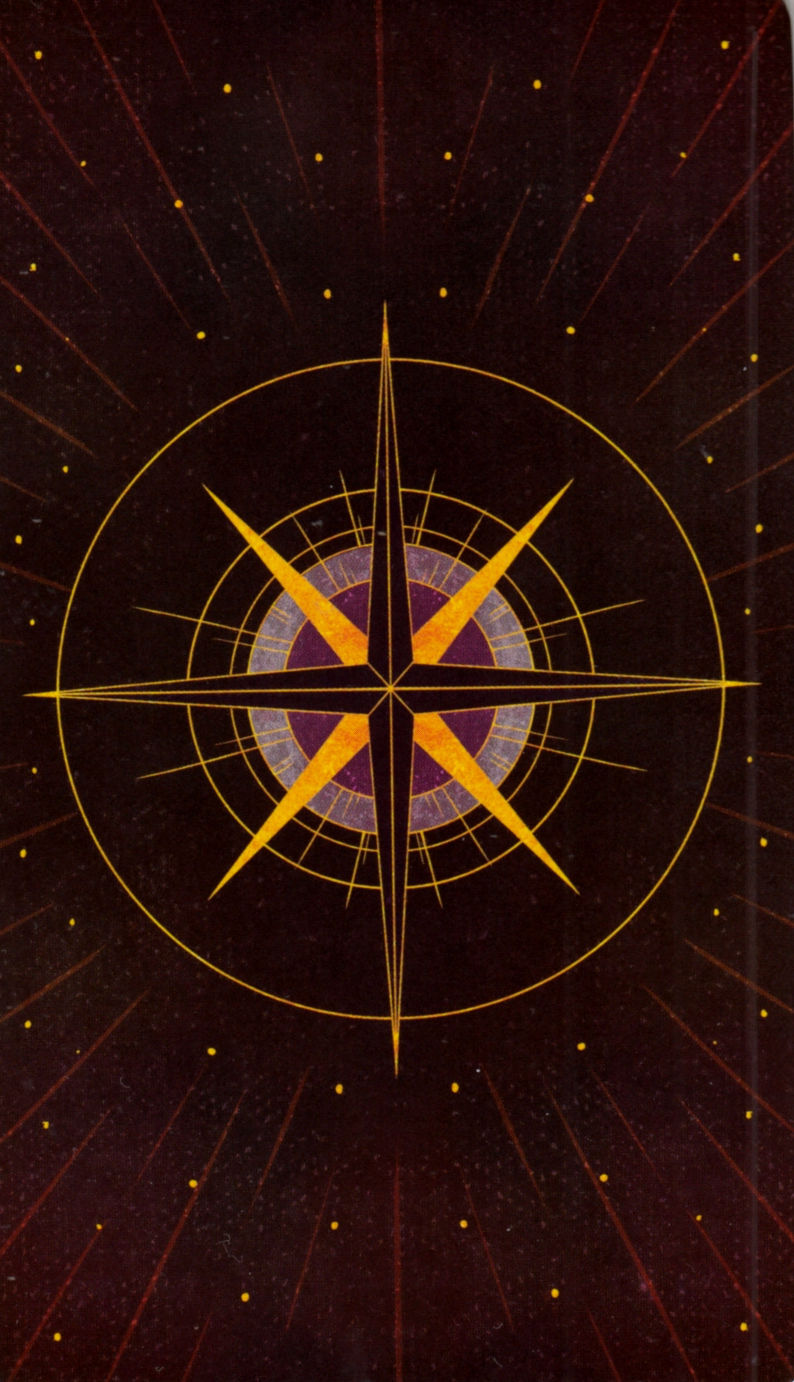We’ve all been there.
I too love the Password game! Please save Paul! ~I truly care about him!~ Truly!
(Sorry, I sometimes like to post really bad comments…)
I’ve seen this but with a final message of “Sorry, that password is already in use by user [email protected].”
For those wanting to play this as a game, there is this wonderfully fiendish website.
https://neal.fun/password-game/
Rule 13 Your password must include the current phase of the moon as an emoji.
Fun fact: password controls like this have been obsolete since 2020. Standards that guide password management now focus on password length and external security features (like 2FA and robust password encryption for storage) rather than on individual characters in passwords.
For today’s 10,000 who have never seen it, https://xkcd.com/936/ succinctly explains why the whole mixed character types thing isn’t favoured.
I wouldn’t say obsolete because that implies it’s not really used anymore. Most websites and apps still use validation not too dissimilar from the OP, even if it goes against the latest best practices.
Yeah, the most recent one for me was creating a password at lemmy.world
Since 2017 at least; and IIRC years before that; that’s just the earliest NIST publication on the subject I could find with a trivial Web search.
https://pages.nist.gov/800-63-3/sp800-63b.html
Verifiers SHOULD NOT impose other composition rules (e.g., requiring mixtures of different character types or prohibiting consecutively repeated characters) for memorized secrets. Verifiers SHOULD NOT require memorized secrets to be changed arbitrarily (e.g., periodically). However, verifiers SHALL force a change if there is evidence of compromise of the authenticator.
“Memorized secrets” means classic passwords, i.e. a one-factor authentication through a shared secret presumed to be known to only the right person.
My absolute favourite is when your password is too long but they don’t tell you that, I guess because they weren’t expecting it. It only causes a hitch when you later try to login and it doesn’t let you …
Sorry, that password is already in use
BIG red flag. Abort. Abort.
Also I love when they only support certain special characters. So the psuedo random noise created by my password generator won’t work until I curate out the unsupported characters.
Looks like someone’s been playing the password game https://neal.fun/password-game/
That game made me want to punch.
Password can’t exceed 32 characters
Garbage
i wouldn’t even mind if it was 32. 32 is a damn strong password.
I’ve seen as low as 10 digits in the past
32 is a damn strong password
Not necessarily: only if it’s generated properly, and only for the moment - that will change in the next few years.
You do realize that length and symbol type are only 2 out of many other factors that go into a strong password?
Ok, fair, not all 32 digit passwords will be secure.
11111111111111111111111111111111 is not secure, but I was trying to imply, in a properly generated password, 32 digits long is very secure.
but I was trying to imply, in a properly generated password, 32 digits long is very secure.
I understand, and I think you make a valid point as far as the discussion is concerned.
It’s unfortunately still a little more complicated than that, though.
Like I said, there’s more to a password than length and symbol type.
Even something like cF*+@aXbIdFHje2vZiU-1 is less secure than if it were generated by a good PRNG.
D0@ndro!dsDr@3@m0f3l3ctr!cSh33p? is also insecure, though it might have been considered secure 4-5 years ago.
You see what I’m saying?
Then of course there’s hash algorithms and how those are used to authenticate the passwords themselves, etc.







